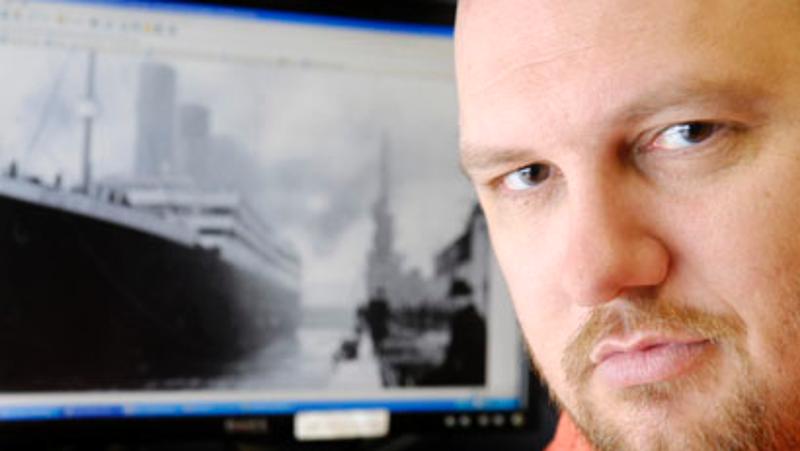
If you were female, a child, rich and/or American you would have had a greater chance of survival on the Titanic.
Behavioural economist David A. Savage, from Queensland University of Technology's School of Economics and Finance, said the finding was part of a study of four maritime disasters from 1912 to 2004 analysing the economic determinants of survival in life and death situations.
Using economics' key concepts of scarcity and self-interest, the study provides an insight into the way individuals behave in a life-threatening crisis.
"Such situations are when people must make decisions about their own survival, like on the Titanic or the 1973 Andes cannibalism plane crash," Mr Savage said.
Mr Savage said his study aimed to improve understanding of people's decision-making processes and to see if social norms hold across time or if more pragmatic mechanisms such as 'survival of the fittest' come into play over time.
"If we can prove social norms hold in extreme situations it can affect policymaking as it means we don't need to implement policies and regulations for how people are going to behave naturally and be able to better allocate aid after disasters," he said.
"It seems that on the Titanic the social norm of 'women and children first' was followed as proportionally more women than men and almost all the children on board survived."
He said the study addressed the core concept in economics of scarcity or excess of demand over supply in extreme situations and how resources were allocated.
"In the case of the Titanic it was places on lifeboats that were the scarce resource," Mr Savage said.
"Because we know that people on the Titanic stood back and allowed others to get on the lifeboats, we also considered altruism and helping behaviour in the analysis.
"This life and death situation is treated as a 'one-shot game' because those who let others onto lifeboats knowing they faced certain death acted out of something other than self-interest. In mainstream economics maximising utility or acting in self-interest is a traditional fundamental force."
Mr Savage said that proportionally more Americans survived than expected, which could be because British passengers followed social queuing etiquette which may not have been as strong in America.
"While the passengers in the first and second-class berths on the Titanic had a higher probability of survival it may be that they were closer to the lifeboat deck but also it was the norm that they received preferential treatment.
"We expect that first-class passengers had higher bargaining power and better access to information about the imminent danger, which may have increased survival rates.
"Overall, the results indicate a strong support that social norms and altruism do matter."
Mr Savage is also analysing the data from the sinking of the cruise liner Lusitania in 1915 by a German U-boat; the 1956 sinking of the most luxurious liner of its day, the Andera Doria; and the loss of the Estonia in 1994, a roll-on roll-off ferry en route from Estonia to Finland. The full paper is available at http://ideas.repec.org/p/qut/dpaper/237.html.
Media contact: Niki Widdowson, QUT media, 07 3138 1841 or n.widdowson@qut.edu.au
**High res pic available of Mr Savage.


